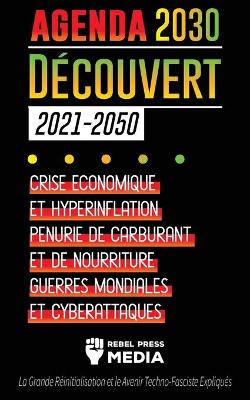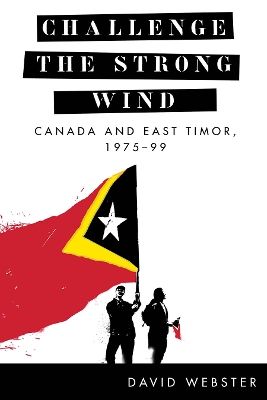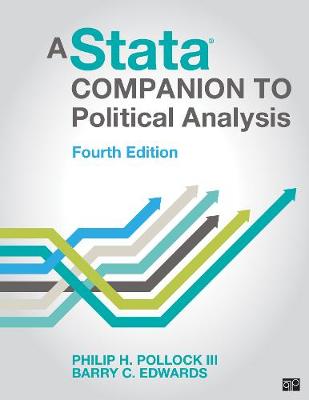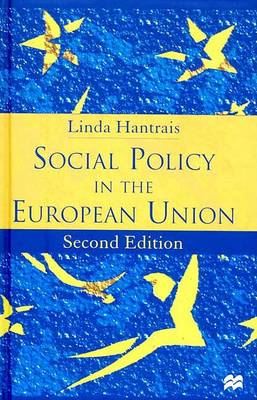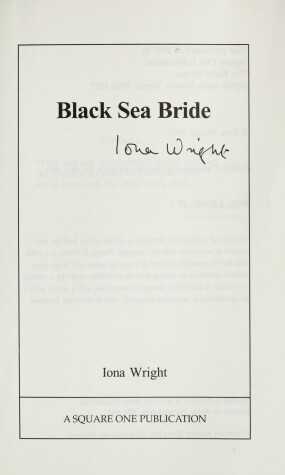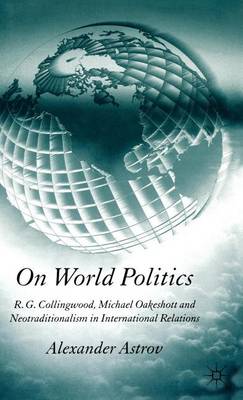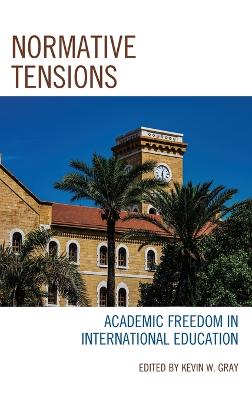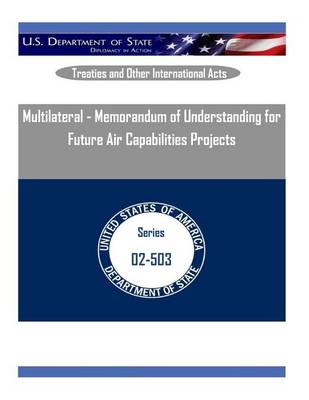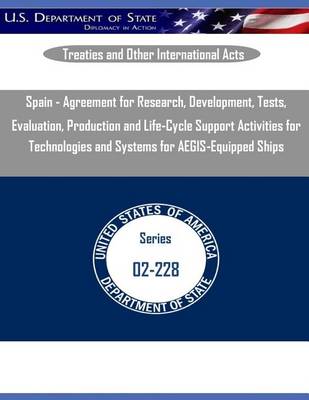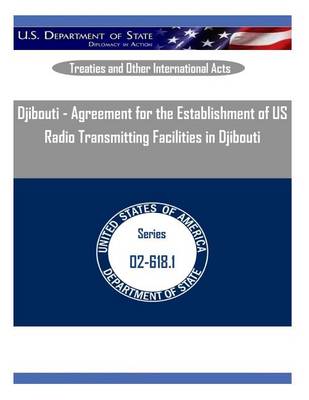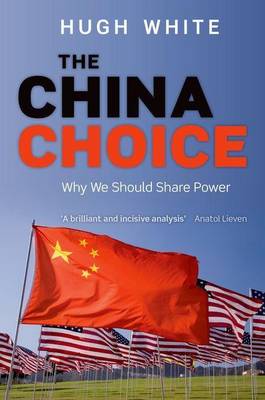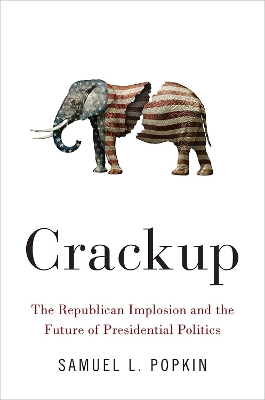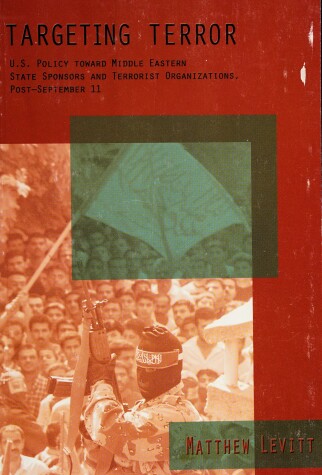Challenge the Strong Wind (The C.D. Howe Series in Canadian Political History)
by David Webster
In 1975, Indonesian forces overran East Timor, which had just declared independence from Portugal. The occupation lasted twenty-four years. Challenge the Strong Wind recounts the evolution of Canadian government policy toward East Timor during that period. Canada initially followed key allies in endorsing Indonesian rule, but Canadian civil society groups promoted an alternative foreign policy that focused on self-determination and human rights. Ottawa eventually yielded to pressure from these N...
A Stata (R) Companion to Political Analysis
by Philip H. Pollock and Barry C. Edwards
With Philip Pollock's Fourth Edition of A Stata Companion to Political Analysis, students quickly learn Stata via step-by-step instruction, more than 50 exercises, customized datasets, annotated screen shots, boxes that highlight Stata's special capabilities, and guidance on using Stata to read raw data.
Social Policy in the European Union, Second Edition
by Linda Hantrais
Unraveling Internal Conflicts in East Asia and the Pacific
by Dr Jacob Bercovitch and Karl Jr Derouen
On World Politics: R.G. Collingwood, Michael Oakeshott and Neotraditionalism in International Relations
by Alexander Astrov
The expansion of Western education overseas has been both an economic success, if the rise in numbers of American, European, and Australian universities rushing to set up campuses in Asia and the Middle East is to serve as a measure, and a source of great consternation for academics concerned with norms of free inquiry and intellectual freedom. Faculty at Western campuses have resisted the opening of new satellite campuses, fearing that their colleagues those campuses would be less free to teach...
Addressing the question everyone asks about economic sanctions this book specially commissioned by the Australian Government, presents an argument for why financial sanctions are needed to compel change in South Africa. It explains the interplay between international finance and the social and economic structures of Apartheid. It demonstrates how the social policies of the regime of South Africa have brought the economy of the country to crisis point and to a situation which cannot be resolved w...
Harold Laski (The Palgrave Macmillan History of International Thought)
by Peter Lamb
This book examines the political and international thought of Harold Laski (1893-1950). Early chapters discuss his socialist critique of politics within states, paying close attention to the turbulent environment of the early to mid-twentieth century. His ideas on democracy, rights, freedom and sovereignty are closely analyzed and clarified. The book goes on to discuss the way in which he applied many of his political ideas to the analysis of international politics. The final chapter investigate...
Finland - Agreement for Promotion of Air Safety
by U S Department of State
Multilateral - Memorandum of Understanding for Future Air Capabilities Projectsv
by U S Department of State
Djibouti - Agreement for the Establishment of Us Radio Transmitting Facilities in Djibouti
by U S Department of State
The China Choice: Why We Should Share Power
by Cuf Lecturer in English Oxford University and Fellow and Tutor in English Hugh White
Deterrence in the New Global Security Environment
A new and authoritative examination of the current security environment that equips the reader with all the key questions and conclusions. Nuclear Deterrence was the central organising mechanism for international security relations in the second half of the 20th Century. It has been replaced by a new global security environment in which the central role of deterrence, both nuclear and otherwise appears to have diminished. This collection of papers attempts to draw conclusions on the current pla...
In Crackup, the eminent American politics scholar Samuel Popkin tells the story of how the Republican Party fractured into uncompromising groups with irreconcilable demands. Changes in campaign finance laws and the proliferation of mass media opened the way for newly energized groups to split the party. The 2002 "McCain-Feingold" campaign finance reform bill aimed to weaken the power of big corporations and strengthen political parties by ending corporate donations to the parties. Instead, it we...
September 11 produced unprecedented political will in the United States to fight terrorism with all of the energy and power at the collective disposal of America and its allies. That principle has already been applied to al-Qaeda and is now being applied to Saddam Hussein's Iraq. But what effect has the US-led war on terror had on the leaders and state sponsors of other Middle Eastern terrorist organizations? Here, Michael Levitt provides an assessment of US counter-terrorism policy during 2002...
Brazil and the United States (The United States and the Americas)
by Joseph Smith
Although Brazil and the United States have long regarded each other sympathetically, relations between the two countries have been adversely affected by geographical distance, language barriers, and cultural indifference. In this comprehensive overview, Joseph Smith examines the history of Brazil-U.S. relations from the early nineteenth century to the present day. With the exception of commerce, notably the coffee trade, there was relatively little contact between the countries during the ninet...
